Local Authority Search and Local Land Charges Register
Searches can be required for several reasons but the most common reason is when purchasing a property or land. They are carried out to make sure potential purchasers are aware of any restrictions or obligations on them by purchasing the property and are usually requested by solicitors acting for their clients. Restrictions or obligations revealed in a local authority search are known as Local Land Charges and are recorded in the Local Land Charges Register.
Results are usually confirmed on an Official Certificate of Search (Form LLCI) however alternative options are available such as a personal search by inspecting the Local Land Charges Register.
Amongst other things, they also provide the history of the property for planning applications and building regulations together with road information and potential road schemes that may influence your decision to buy. This information is typically revealed in answers to Form CON29.
Search results are certified up to and including the date it is stamped and returned to you or your solicitor. This is because the information being requested can change frequently. Guidance suggests that an accepted period of validity is three months. Official local authority searches are also covered by our indemnity insurance.
A local authority search is just one of the searches carried out during the conveyancing process. Others may include Land Registry, drainage and water searches.
Further information about 'buying a home' is available on The Law Society's website and at Gov.UK
Information about 'selling a home' is also available at Gov.UK
Frequently Asked Questions
+ What is a CON29 form?
The CON29 enquiry form serves to provide prospective purchasers with information that relates to the property being searched and in some cases the area where the property is situated that may influence your decision to buy. Amongst other things, they provide the history of the property for planning applications and building regulations together with road information and potential road schemes that you are likely to want to know before purchasing. The Official Certificate of Search confirms charges that are already binding or restrictive on subsequent owners whereas the CON29 tends to reveal matters that may become charges. The CON29 and LLCI are therefore complimentary and tend to be requested together to form what is known as an Official Local Authority Search.
The majority of information used in response to the CON29 enquiries comes from within the local authority or from the County Council (where applicable).
A CON29 enquiry form can be completed by either the local authority or another body. However the LA completed CON29 is backed by LA insurance and is commonly referred to as an official CON29. Completion of the CON29 form by the LA is not a statutory function but a contractual one upon payment of the required fee.
The Law Society CON29 form guidance notes.
+ What is an LLC1 form?
+ Can I submit an application for an Official Local Authority Search myself?
+ Will my solicitor request an official search?
+ Why would I get an official search?
+ What’s the difference between a personal search and an official search by the local authority?
+ Are local authority searches more expensive and do they take longer than one provided by a private company?
Cost
We are not able to make a profit on our product as we are bound by legislation. Private companies are not bound by the same rules. This may mean that you pay more for their product that is not guaranteed by us.
Turnaround
Our search results, on average, are returned to your solicitor within 2-5 working days.
Access to the Local Land Charges Register by private companies is generally available within 24 hours of us receiving a request however, they can request a date and time convenient to them. It's not uncommon for appointments to be requested for dates in the future; sometimes one or two weeks later.






